Hands-On Reactive Programming with Clojure. Create asynchronous, event-based, and concurrent applications - Second Edition Konrad Szydlo, Leonardo Borges
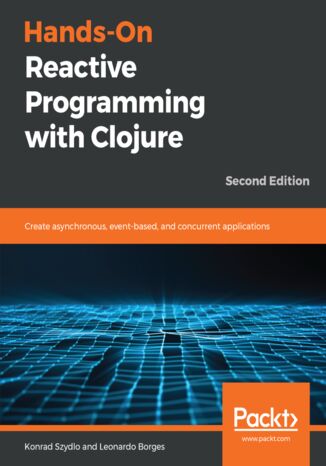



- Autorzy:
- Konrad Szydlo, Leonardo Borges
- Wydawnictwo:
- Packt Publishing
- Ocena:
- Stron:
- 298
- Dostępne formaty:
-
PDFePubMobi
Opis
książki
:
Hands-On Reactive Programming with Clojure. Create asynchronous, event-based, and concurrent applications - Second Edition
This book will allow you to explore Reactive Programming in Clojure 1.9 and help you get to grips with some of its new features such as transducers, reader conditionals, additional string functions, direct linking, and socket servers. Hands-On Reactive Programming with Clojure starts by introducing you to Functional Reactive Programming (FRP) and its formulations, as well as showing you how it inspired Compositional Event Systems (CES). It then guides you in understanding Reactive Programming as well as learning how to develop your ability to work with time-varying values thanks to examples of reactive applications implemented in different frameworks. You'll also gain insight into some interesting Reactive design patterns such as the simple component, circuit breaker, request-response, and multiple-master replication. Finally, the book introduces microservices-based architecture in Clojure and closes with examples of unit testing frameworks.
By the end of the book, you will have gained all the knowledge you need to create applications using different Reactive Programming approaches.
Wybrane bestsellery
Packt Publishing - inne książki
Dzięki opcji "Druk na żądanie" do sprzedaży wracają tytuły Grupy Helion, które cieszyły sie dużym zainteresowaniem, a których nakład został wyprzedany.
Dla naszych Czytelników wydrukowaliśmy dodatkową pulę egzemplarzy w technice druku cyfrowego.
Co powinieneś wiedzieć o usłudze "Druk na żądanie":
- usługa obejmuje tylko widoczną poniżej listę tytułów, którą na bieżąco aktualizujemy;
- cena książki może być wyższa od początkowej ceny detalicznej, co jest spowodowane kosztami druku cyfrowego (wyższymi niż koszty tradycyjnego druku offsetowego). Obowiązująca cena jest zawsze podawana na stronie WWW książki;
- zawartość książki wraz z dodatkami (płyta CD, DVD) odpowiada jej pierwotnemu wydaniu i jest w pełni komplementarna;
- usługa nie obejmuje książek w kolorze.
Masz pytanie o konkretny tytuł? Napisz do nas: sklep@helion.pl
Książka drukowana


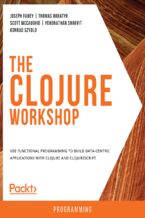

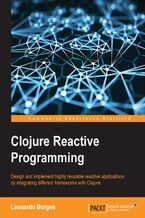








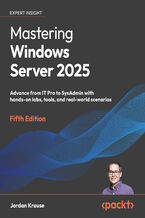
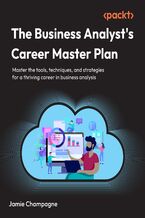
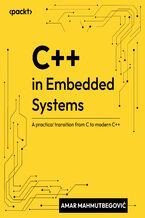
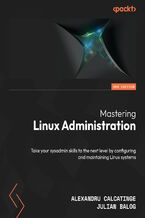
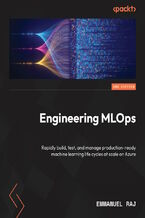
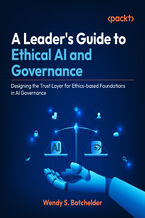
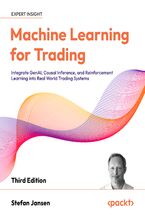
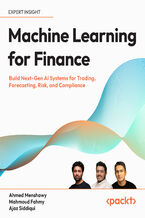



Oceny i opinie klientów: Hands-On Reactive Programming with Clojure. Create asynchronous, event-based, and concurrent applications - Second Edition Konrad Szydlo, Leonardo Borges
(0)